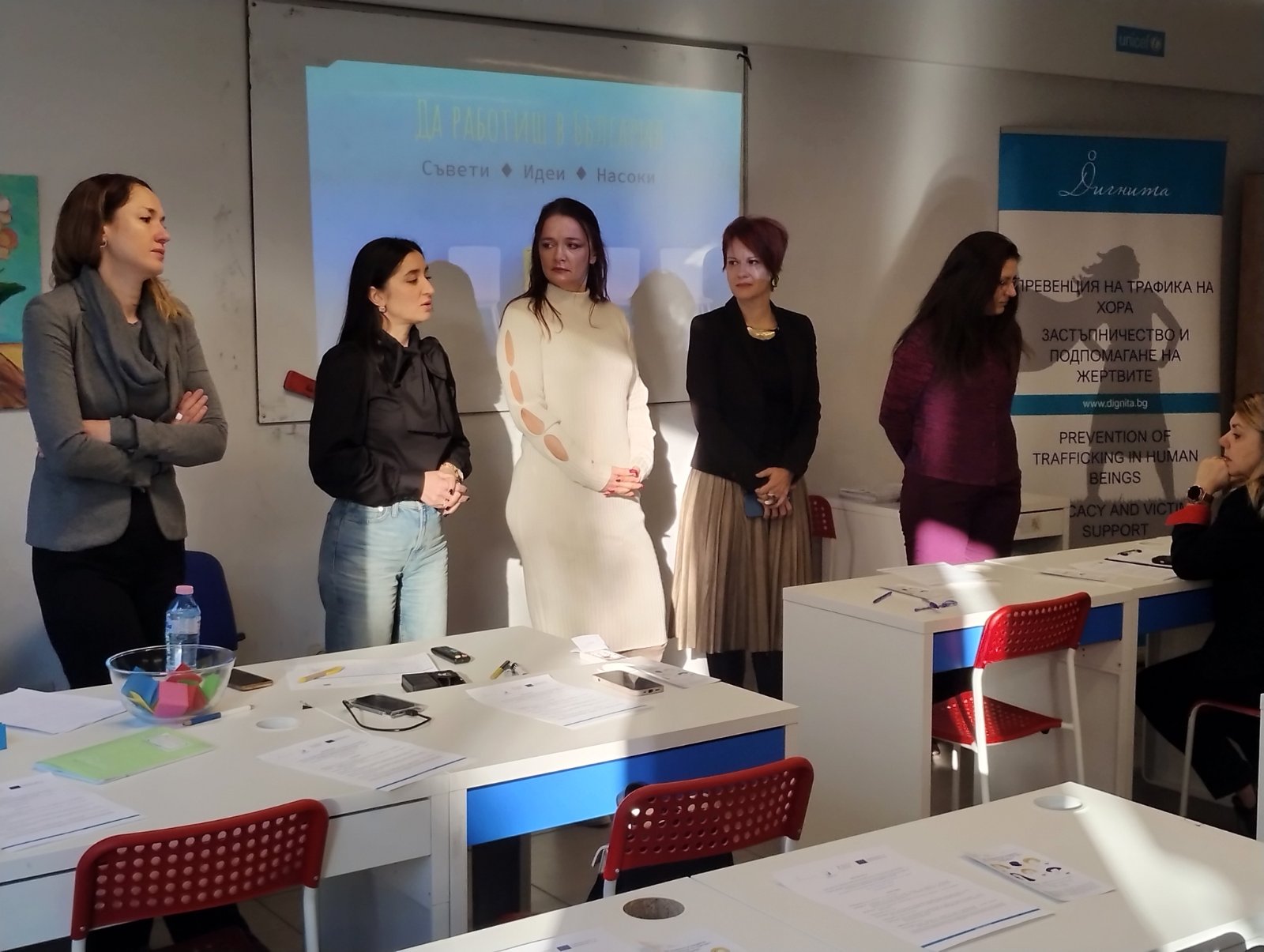Updated Directive 2011/36/EU is Preventing and Combating Human Trafficking and Protecting Victims

This is one of the key changes in the updated Directive 2011/36/EU on Preventing and Combating Human Trafficking and Protecting Victims. This year, 2024, the European Union took a significant step in strengthening its anti-trafficking policies. The growing and evolving threats of trafficking and exploitation have necessitated a revision of the EU’s main legislative framework on human trafficking—Directive 2011/36/EU. In this context, on January 23, 2024, Belgium’s EU Council Presidency and the European Parliament representatives reached an agreement to implement legislative updates to enhance the fight against human trafficking.
Key Changes in Directive 2011/36/EU
One of the most significant updates is the addition of three new forms of exploitation:
- Forced marriages
- Illegal adoptions
- Surrogate motherhood
The updated directive now requires Member States to impose sanctions for the knowing use of services provided by trafficking victims. Additionally, Member States will be responsible for ensuring that trafficking victims have access to existing compensation schemes for victims of intentional violent crimes, with the option to create a national victims’ fund or a similar instrument to provide these compensations.
Stronger Penalties and Legal Framework
The amendments include stricter penalties for crimes involving human trafficking, taking into account the increasing use of information and communication technologies to disseminate images, videos, or other materials of a sexual nature involving victims. This factor now serves as an aggravating circumstance in sentencing. Furthermore, legal entities found guilty of trafficking offenses will face enhanced penalties, such as exclusion from access to public funding, grants, tenders, and licenses, as well as the revocation of permits for activities related to the offense.
A Step Towards a Multidisciplinary and Victim-Centered Approach
The introduced updates represent a significant step toward refining the EU’s comprehensive policy approach to human trafficking, emphasizing a multidisciplinary and cross-sectoral strategy. Key priorities include victim identification, assistance, and protection, with a focus on safeguarding and empowering victims—especially women and children.
The adoption of the revised Directive on Combating Human Trafficking is a critical step toward unifying national legislation across EU Member States. Over the next two years, until July 15, 2026, Member States will work to transpose the Directive into their national legal frameworks.
The Dignita Foundation will continue its active involvement in expert discussions regarding the Directive’s revisions on both national and European levels, as part of its advocacy and expert contributions to the fight against human trafficking.
Latest News:

Risks for Bulgarian Migrants in the Netherlands

Empowering Ukrainian Refugee Women: The 10th Women’s Circle for Integration and Protection from Human Trafficking
